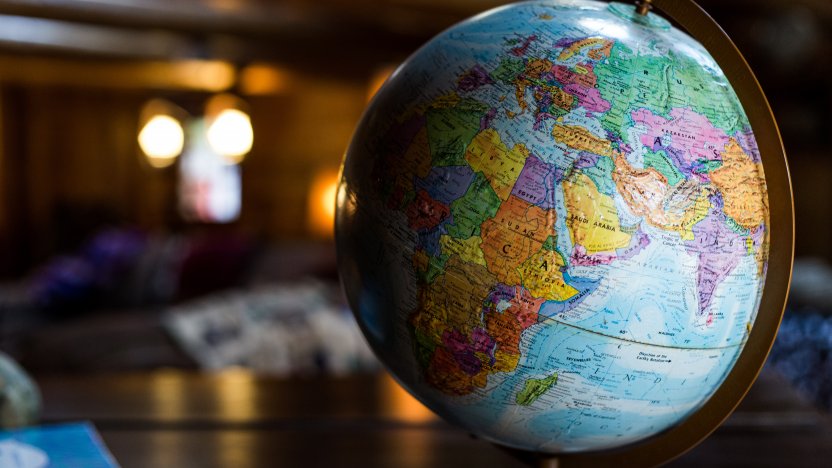Israel, Samoa and Vietnam join International Design system

The international trademark registration system has had several interesting accessions throughout 2019; likewise, the number of member states of the international design system continues to grow. This is good news for businesses operating internationally. In September 2019, it was announced that Israel, Samoa and Vietnam submitted instruments of accession to international IP authority WIPO. Last year, Canada, Belize and San Marino also joined.
In design law, there is an international system to protect designs, the so-called International Design system or the Hague system. This system is regulated by the Hague Agreement (and its supplements), and makes it possible to apply for design protection for one or more member states by means of a single application to the international IP authority, WIPO, in Geneva.
With the accession of Vietnam on 30 December 2019, and the accession of Samoa and Israel on 2 and 3 January 2020 respectively, the Hague system has 73 member states (including the European Union) in which design protection can be obtained on the basis of the international registration. In order to be able to submit an application for international design registration, the applicant must be a national of one of the member states, have their place of residence there or have a ‘real and effective establishment of business' there (or in other words: actually trade from the jurisdiction concerned).
The fact that an increasing number of jurisdictions can be designated in an international design registration makes it increasingly interesting for businesses to have such international registration. Especially in cases when the exploitation of the design is aimed at several countries or when your business is entering new markets, it is important to check whether your interests are sufficiently protected in the jurisdictions that are relevant to you.
Would you like more advice on international design registration and/or do you have an interest in design protection in one of the member states as mentioned above? If so, please speak to your Novagraaf attorney or contact us below.
Frouke Hekker works at Novagraaf’s Competence Centre. She is based in Amsterdam.